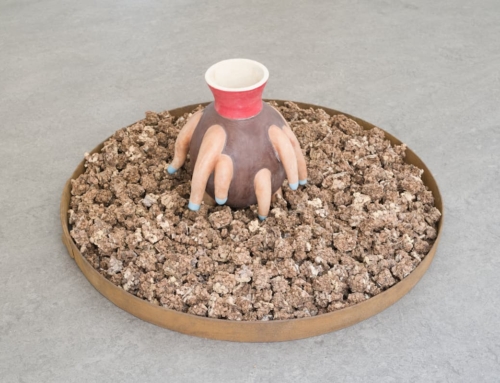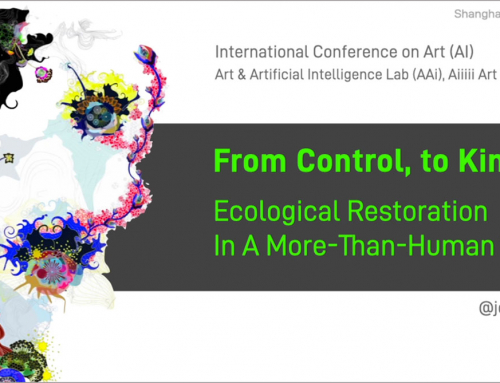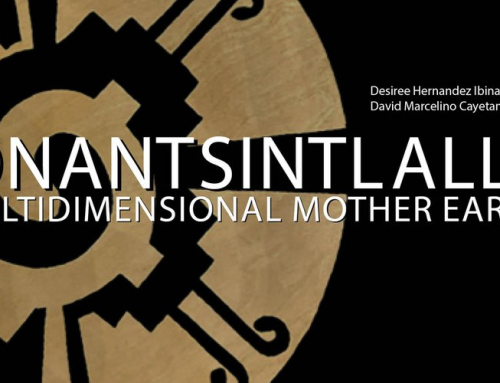Slides used in my lecture to an expert meeting at the European Commission in Brussels in 1999.
BE CRITICAL, BE HUMBLE (1)
* ICT is not content – it is a tool
* teachers are extremely suspicious of machines
* they are right to be so (radio, film, tv, VCRs, PCs)
* not to mention, “teacher-proof technology”
* our legacy: “ecstasy, disappointment, blame”
BE CRITICAL, BE HUMBLE (2)
* delivering content is not teaching
* teaching does not lead, per se, to learning
* connecitivity does not always foster collaboration
* schools resist – but schools also deliver
BUT BE POSITIVE
= helping to teach,helping to learn:
– basic skills: numeracy, literacy
– abstract concepts
– systems thinking
– social skills (collaboration)
– enhance personal experience
– connect “school” with real world
EFFECT vs AFFECT
* “interaction” vs learning
* sustained engagement
* self-initiated
* self-sustaining
* self-structuring
DO NOT BEATIFY BANDWIDTH
* telephone
* television
* camcorders & VCR s
* fax
* two tin cans and a piece of string
CLASSROOMS ARE NOT CAGES.
They are also:
– spaces
– places
– communities
– experiences
– processes
CONTEXT IS KING: EVALUATE THE LEARNING PROCESS
* when did technology add value?
* what exactly did it add?
* under what circumstances?
* what was the teacher / student’s role?
* how many of them were there?
* what resources were used?
* how much time was needed?
LEARNING MEANS…
* being told
* being shown
* seeking
* finding
* evaluating
* organising
* communicating, explaining
TOOLS FOR LEARNING (1)
* memory
* curiosity
* imagination
* collaboration
TOOLS FOR LEARNING (2)
* space (for reflection)
* time (for reflection)
TEACHERS ARE LEARNERS, TOO
* Teachers are isolated, so….
* Foster communication with other teachers
* Not just about tools, but also curriculum, pedagogy
* Enable informal techniques to be visualised
* Enable “lessons learned” to be shared
THE SELF, THE SENSES, AND THE WORLD
* taste
* touch
* smell
* sound
* sight




